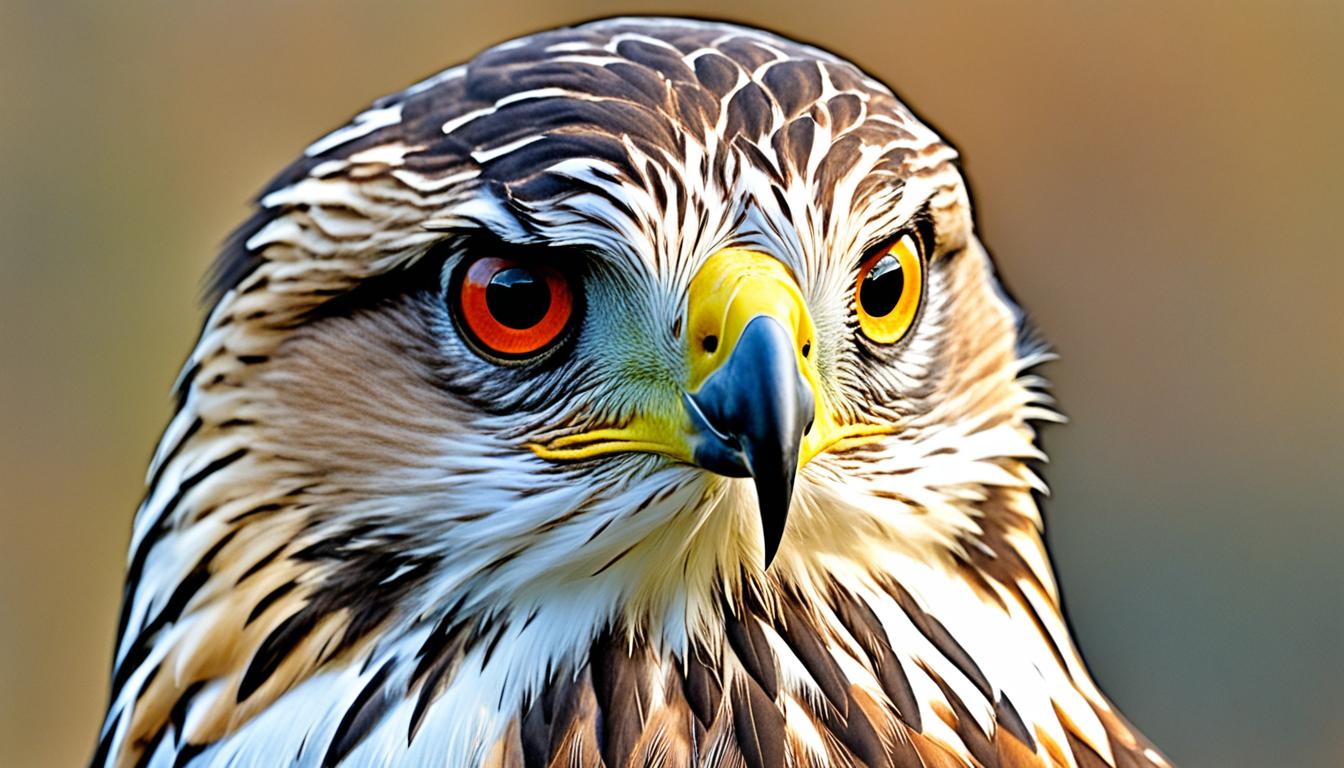Ever wondered if elephants have emotions? Well, buckle up because we’re about to dive into the emotional lives of these magnificent creatures.
You’ll be amazed to discover the evidence of emotion in elephants and the depth of their empathy and compassion. Through scientific exploration, we’ll unravel the complexity of their emotions and challenge any preconceived notions you may have.
Get ready to be awestruck by the emotional world of elephants!
Key Takeaways
- Elephants display behavioral cues indicating emotional intelligence, such as consoling behaviors and touching distressed individuals with their trunks.
- Vocalizations, body language, and social bonding are indicators of emotions in elephants, along with their mourning rituals.
- Observations of elephants interacting tenderly with their young and displaying signs of mourning highlight their capacity for empathy and compassion.
- The complexity of elephant emotions is evident in their deep emotional connection, emotional intelligence, and ability to understand and respond to the emotions of herd members.
The Emotional Lives of Elephants
Do you know what emotions elephants experience in their lives?
Elephants, as highly social and intelligent animals, exhibit a range of behavioral cues that suggest the presence of emotions. Research has shown that elephants possess a remarkable level of emotional intelligence, allowing them to understand and respond to the emotions of others within their social groups.
One key behavioral cue that indicates emotional intelligence in elephants is their ability to show empathy. They’ve been observed consoling distressed individuals by touching them with their trunks or making low rumbling sounds, which is believed to provide comfort. This behavior demonstrates an understanding of the emotional state of their companions and a desire to alleviate their distress.
Furthermore, elephants also display signs of grief and mourning, exhibiting behaviors such as staying near the body of a deceased individual, caressing the body with their trunks, or even attempting to cover it with leaves and branches. These actions suggest a deep emotional connection and a recognition of loss.
In addition to empathy and mourning, elephants also display signs of joy and excitement. They engage in playful behaviors, such as running, splashing in water, and engaging in social interactions. These behaviors indicate positive emotions and a sense of happiness within their social groups.
Understanding elephant emotions is crucial for their conservation and welfare. By recognizing and respecting their emotional lives, we can better ensure their well-being and contribute to their long-term survival.
Understanding Elephant Emotions
You may be surprised to learn that elephants exhibit a wide range of emotions, including joy, grief, and empathy. These majestic creatures possess a level of emotional intelligence that’s both fascinating and awe-inspiring. When studying elephant behavior, researchers have observed several key indicators that suggest the presence of emotions in these animals.
- Vocalizations: Elephants are known to trumpet loudly when they’re happy or excited, creating a symphony of sounds that reverberates through the air.
- Body language: Just like humans, elephants use their bodies to express their emotions. They may flap their ears or wag their tails when they’re feeling joyful or content.
- Social bonding: Elephants form deep and lasting relationships with their herd members, displaying a strong sense of empathy and compassion towards one another.
- Mourning rituals: When an elephant dies, their herd often gathers around the deceased individual, showing signs of grief and mourning.
These observations provide compelling evidence of emotion in elephants. By understanding and acknowledging the emotional lives of these magnificent creatures, we can deepen our connection with them and work towards their conservation and well-being.
Evidence of Emotion in Elephants
Have you ever seen an elephant interact with its young? It’s truly heartwarming to witness the tenderness and affection displayed by these gentle giants towards their offspring. Elephants are known for their complex social behavior and emotional intelligence, which plays a significant role in their interactions with each other, including their young.
Research has shown that elephants exhibit a wide range of emotions, including joy, grief, empathy, and even self-awareness. Their behavior towards their young is a clear example of their emotional intelligence. Female elephants, known as matriarchs, play a vital role in the care and upbringing of the calves. They’re often seen nurturing, protecting, and teaching their young, forming strong bonds that can last a lifetime.
Observations of elephant behavior have demonstrated that they possess the ability to recognize and respond to the emotions of others, both within their own herd and even across different species. They’ve been observed comforting distressed calves, showing empathy towards injured or grieving herd members, and even displaying signs of mourning when a member of their group passes away.
These findings provide compelling evidence that elephants not only have emotions but also possess a high level of emotional intelligence. Understanding and appreciating the emotional lives of these magnificent creatures is crucial for their conservation and welfare.
Empathy and Compassion in Elephants
If you observe closely, you’ll notice that elephants demonstrate remarkable empathy and compassion towards other members of their herd. This observation aligns with the findings of empathy research and highlights the emotional intelligence of elephants. Here are four key aspects that shed light on the empathy and compassion exhibited by these magnificent creatures:
- Physical display: Elephants often touch and caress each other, using their trunks to offer comfort and support. This physical contact serves as a form of emotional connection and reassurance within the herd.
- Protective behavior: Elephants show a strong sense of empathy when it comes to protecting their young. They’ll fiercely defend their calves, even risking their own lives in the process, demonstrating a deep emotional bond and concern for the well-being of their offspring.
- Vocal communication: Elephants possess a wide range of vocalizations that are used to convey emotions. Their trumpeting calls can express excitement, joy, or distress, allowing them to communicate and share their emotional state with other members of the herd.
- Social bonding: Elephants form strong social bonds within their herds. They exhibit behaviors such as grooming, playing, and even mourning the loss of a member. These actions demonstrate their ability to form deep emotional connections and empathize with one another.
Through empathy research and studies on emotional intelligence in elephants, it’s evident that these gentle giants possess a remarkable capacity for empathy and compassion. Their ability to understand and respond to the emotions of their herd members is a testament to their complex social dynamics and highlights the depth of their emotional lives.
Exploring the Complexity of Elephant Emotions
While it’s known that elephants possess a remarkable capacity for empathy and compassion, exploring the complexity of their emotions reveals even deeper layers of their emotional lives. Elephants exhibit a range of behaviors that indicate a rich emotional landscape. Studies have shown that elephants display behaviors such as grieving, altruism, and forming strong social bonds, which all suggest a high level of emotional intelligence.
One key aspect of elephant behavior that highlights their emotional complexity is their social dynamics. Elephants live in tight-knit family groups, led by a matriarch who guides and protects the herd. These family units are characterized by strong emotional bonds and cooperation. Elephants have been observed displaying behaviors such as comforting each other during distress, which suggests a deep level of empathy and compassion.
Furthermore, elephants exhibit signs of grief when a member of their herd dies. They’ve been observed showing mourning behaviors like touching the deceased individual’s body, staying with the body for extended periods, and even covering the remains with branches and leaves. These actions strongly indicate a sense of loss and emotional connection within the herd.
Frequently Asked Questions
How Do Elephants Express Their Emotions?
Elephants express their emotions through a variety of communication methods. Their high emotional intelligence allows them to convey feelings such as joy, fear, and grief through vocalizations, body language, and touch.
Are Elephants Capable of Feeling Joy?
Elephants, like humans, are capable of feeling joy. Their emotional intelligence is evident in their playful behavior, jubilant trumpeting, and even their ability to create lasting bonds with other elephants.
Do Elephants Form Emotional Bonds With Other Species?
Elephants form emotional bonds with other species, such as humans, and their interactions with other animals in the wild are fascinating. Scientific evidence suggests that elephants have complex social structures and exhibit a range of emotions.
Can Elephants Experience Grief and Mourning?
Elephants, like humans, form strong social bonds and experience the loss of a herd member. Scientific evidence suggests that elephants can exhibit grief and mourning behaviors, indicating their ability to experience emotions.
Is There a Correlation Between an Elephant’s Emotional State and Its Behavior?
Elephants’ emotional state greatly influences their behavior. Understanding this correlation is crucial for successful human-animal interaction and effective elephant conservation. Emotions play a pivotal role in their social dynamics, communication, and overall well-being.
Can Elephants’ Emotions Make Them Scared of Certain Things?
Can elephants’ emotions make them scared of certain things? The elephants’ fears unravelled reveal that these gentle giants indeed experience fear. From thunderstorms to buzzing insects, elephants’ heightened sensitivity can trigger a sense of fear and distress. Understanding and respecting these emotions is crucial in ensuring their well-being and promoting peaceful coexistence.
Conclusion
In conclusion, the evidence strongly suggests that elephants do indeed experience a wide range of emotions.
Through scientific research and observation, it’s clear that these magnificent creatures possess the capacity for joy, grief, empathy, and compassion.
Their complex social structures and behaviors further support the existence of emotions in elephants.
As we continue to study and understand these majestic animals, it becomes increasingly apparent that acknowledging and respecting their emotional lives is crucial for their well-being and conservation.











